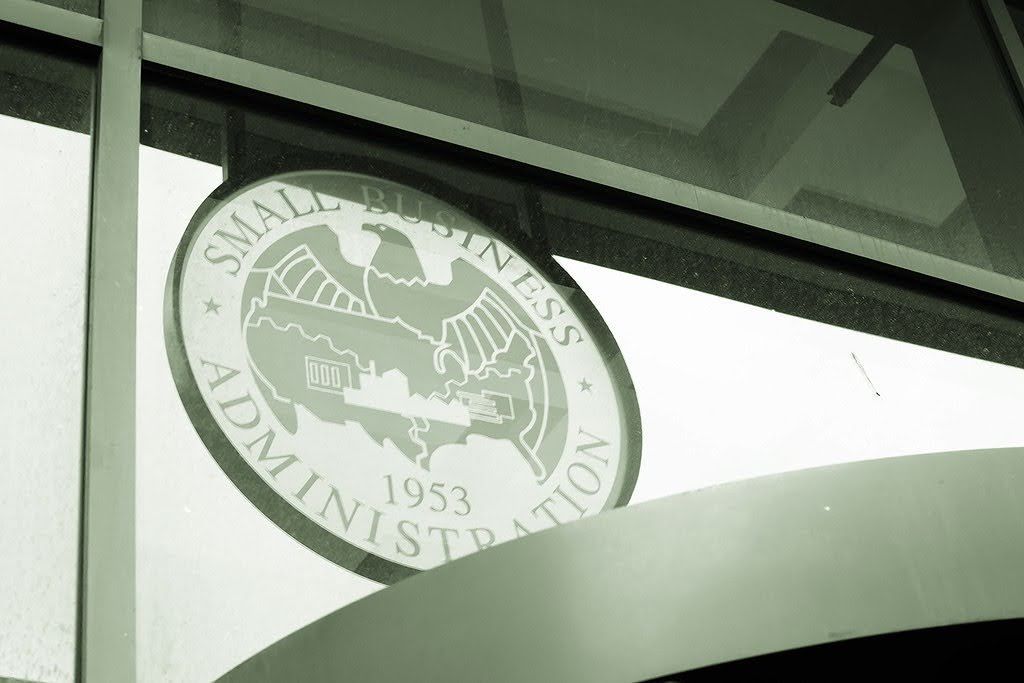The U.S. Small Business Administration (SBA) is an independent federal agency that strengthens free competitive enterprise by helping entrepreneurs start and grow robust businesses. Since its founding in 1953, the SBA has offered a wealth of resources, including training, counseling, business analysis, access to capital, contracting opportunities, and disaster assistance.

Source: Openverse
Is the SBA relevant to you?
The SBA serves all independently owned for-profit US-based businesses that meet its size standards. It also supports entrepreneurs from military families, underserved geographic areas, or underrepresented demographics. Fledgling entrepreneurs can benefit from public educational material regardless of their loan eligibility. One may benefit from some programs even without meeting the general SBA criteria. For example, businesses outside the U.S. may qualify if they significantly contribute to the U.S. economy through taxes, job creation, or other means. Also, nonprofit organizations, investors, and other entities with supporting roles can apply for specific SBA grants. Lastly, an ineligible business may be able to work towards meeting all eligibility criteria.
SBA Resources
SBA assistance falls into three broad categories: educational (training, counseling, and business analysis), financing (via loans of different types), and business opportunities (for example, contracts and pitch events).
Educational programs
The SBA offers free and low-cost counseling and training, some locally available through resource partners. The SBA Learning Platform courses help structure and inform your entrepreneurial journey. The Business Guide facilitates benchmarking and analysis for planning, launching, marketing, and managing your startup’s growth. As you get started, the SBA can help you choose a location, name, business structure, registration, licensing, bank accounts, and more. The SBA also supports managing your business, buying and upgrading assets, and tuning your business plan and strategy. The SBA even has resources for those who wish to expand into global markets. Much of the material at sba.gov/learning is publicly available and a great companion as you start and grow your business.
Financing
The SBA facilitates access to capital through loans, investment capital, grants, and bonds. The Lender Match tool helps entrepreneurs find an SBA-approved lender. SBA loans have competitive terms such as lower down payments and flexible requirements, and they provide an alternative for businesses that have been denied other financing options. In the case of declared disasters, the SBA also offers disaster assistance through low-interest loans. The SBA offers protection for non-payment through SBA-guaranteed loans and surety bonds. The guarantee is a promise to partially repay if the borrower defaults. SBA loans have some disadvantages, such as the extensive, slow application process and the requirement for personal collateral from the business owner. Finally, the SBA provides grants like the Small Business Innovation Research Program (SBIR). Grants, as a form of financing, do not require repayment. On the downside, SBA grants are competitive and generally targeted at Resource Partners and other third parties rather than startup owners. Read along in the business opportunities section.
Business opportunities
The SBA provides business opportunities such as government contracts and grants at the federal, state, and local levels, with programs such as the Investing in America Small Business Hub and Contracting Assistance. One of the tenets of the SBA is fair access for small disadvantaged businesses (SDB), underserved areas, women, and veterans, so consider tapping into specialized assistance if you qualify.
SBA offers grants to nonprofits, resource partners, educational organizations, and other third parties. Generally, SBA grants aim to indirectly support the entrepreneurial ecosystem of partners and education providers rather than directly finance the startup.
Next steps:
By subscribing for updates (https://www.sba.gov/updates), you can keep abreast of adjustments to the eligibility criteria, events, and other offerings. This article is separate from reading the detailed documentation provided by the SBA.

Leave a Reply